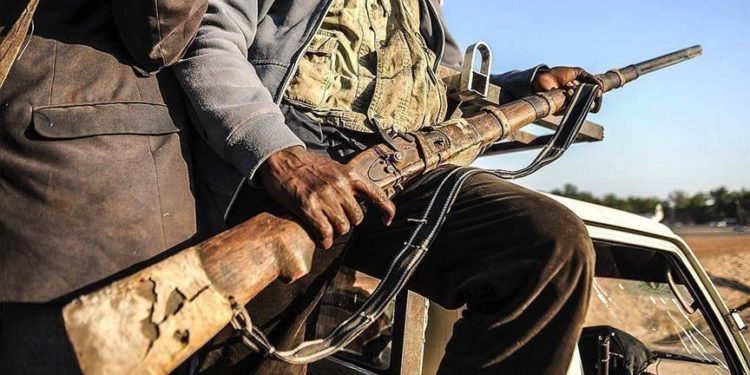Det. Lester Freamon, a character from The Wire, once said this about the War on Drugs: “You follow drugs, you get drug addicts and drug dealers. But you start to follow the money, and you don’t know where it’s gonna take you.”
Similarly, if we focus simply on the guns with regard to the banditry and insecurity in the Northern Rift Valley, we get cattle rustlers and bandits, but if we follow the money, we see a bigger picture. An economic one.
The first thing we see when we follow the money is the economic disenfranchisement in these counties; Elgeyo Marakwet, Samburu, Turkana, West Pokot, Baringo, and Laikipia.
According to the 2022 Economic Survey by the Kenya National Bureau of Statistics, only Laikipia had a higher financial inclusion of 83.4% than the average for counties of 81.0%, with West Pokot having the lowest access to financial services countrywide at 57.7%.
Read: How The State Of Kenya’s Politics Is Affecting The state of the Economy
While financial inclusion in itself is not an absolute measure of economic development, low rates of financial inclusion are indicative of a deeper economic issue. They also lead to the weakening of the availability of economic resources and minimize savings hence inhibiting economic progress.
Moreover, there are multiple other counties in Kenya that have low financial inclusion rates, while not having conflict at the levels seen in the North Rift region. This leads us to the second thing we see when we follow the money, the incentive system of cattle rustling.
According to former Rift Valley Regional Commissioner George Natembeya, banditry in the Northern Rift Valley is funded by the proceeds from the sale of meat from rustled cattle. Furthermore, the former administrator and current Trans Nzoia governor claimed that most meat consumed in Nakuru and Nairobi comes from commercial cattle rustling.
Read: Kenya’s Business Environment Deteriorates On The Back Of High Inflation
The existence of an economic benefit to be gleaned from the sale of stolen cattle creates an incentive where the monetary benefits outweigh the costs, which are minimized due to the protection that bandits and commercial rustling syndicates receive from cartels and well-connected politicians.
Additionally, poor remuneration of police officers in the Rift Valley leads to collaboration between officers and bandits including trading bullets for food. Governor Natembeya also made claims of bandits receiving tips from aggrieved police officers.
In summary, the economic disempowerment of the Northern Rift Region creates conditions wherein young people see criminal activity as a viable option to earn a living. Economic benefits and political protection then provide these young people with the incentives to participate in commercial cattle rustling.
Lastly, poor remuneration of police officers provides cattle rustlers with docile opposition and informants who are unwilling to risk their lives for a service that neglects and underpays them. This is an economic issue.
Email your news TIPS to editor@thesharpdaily.com
















